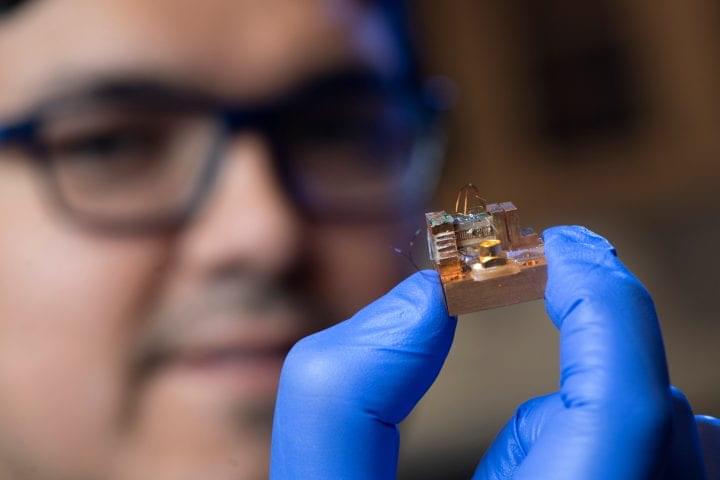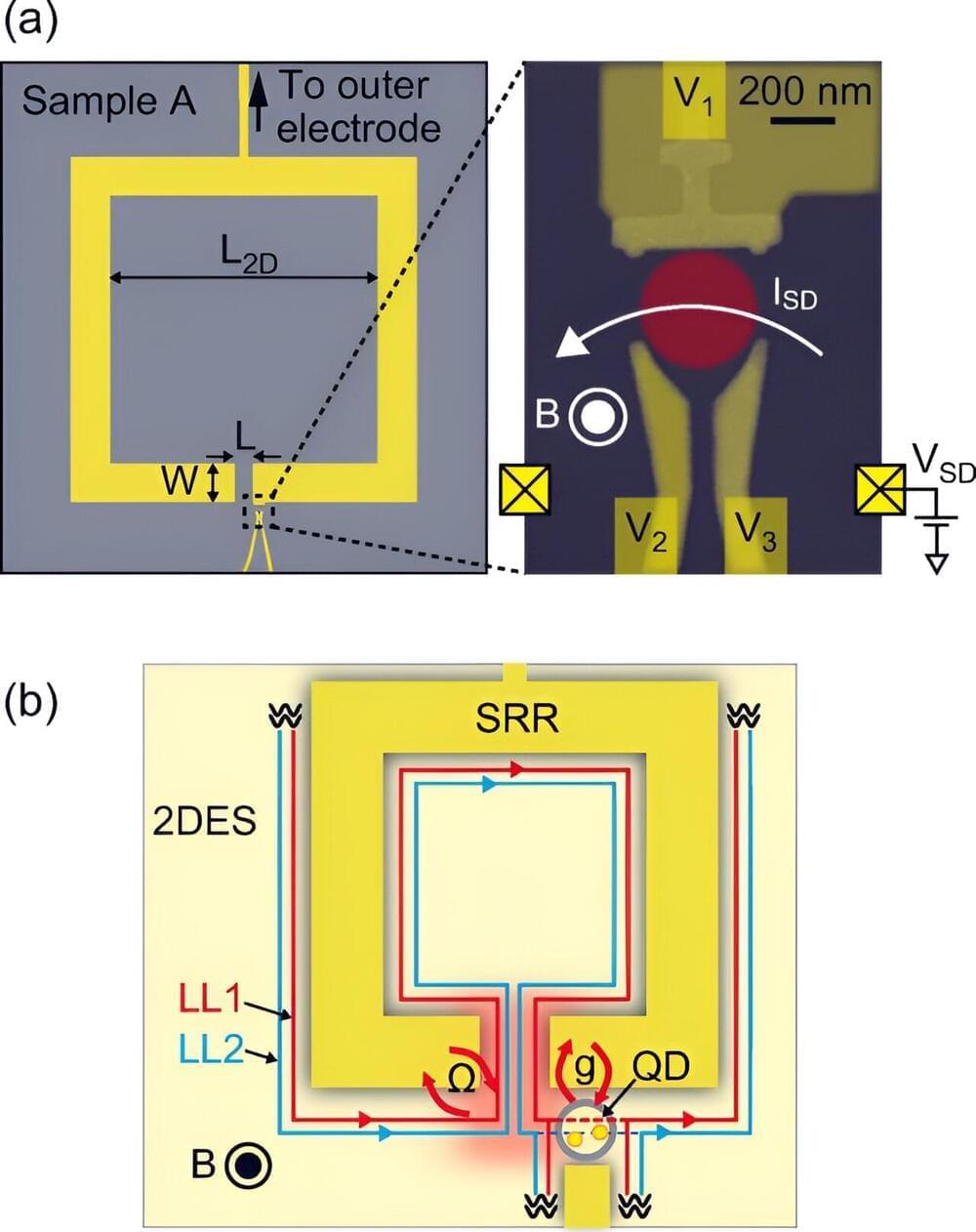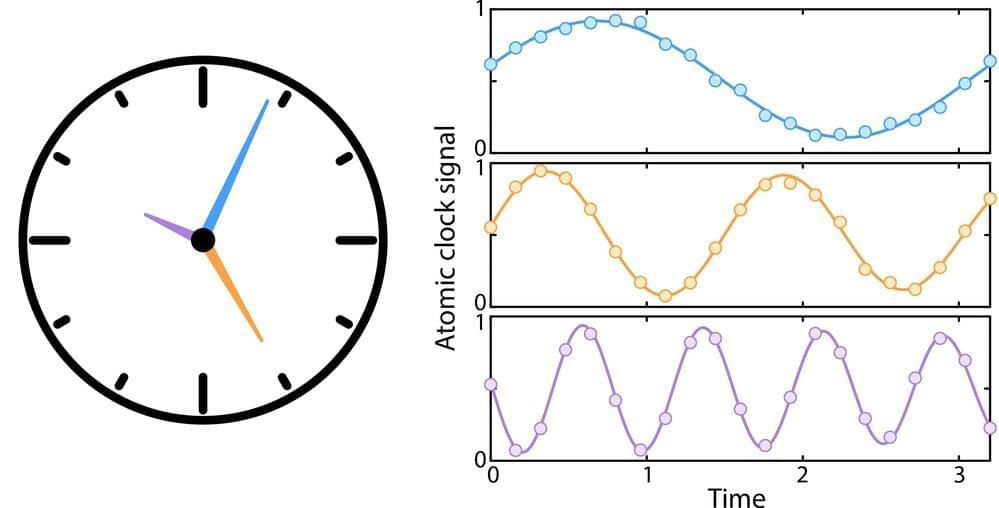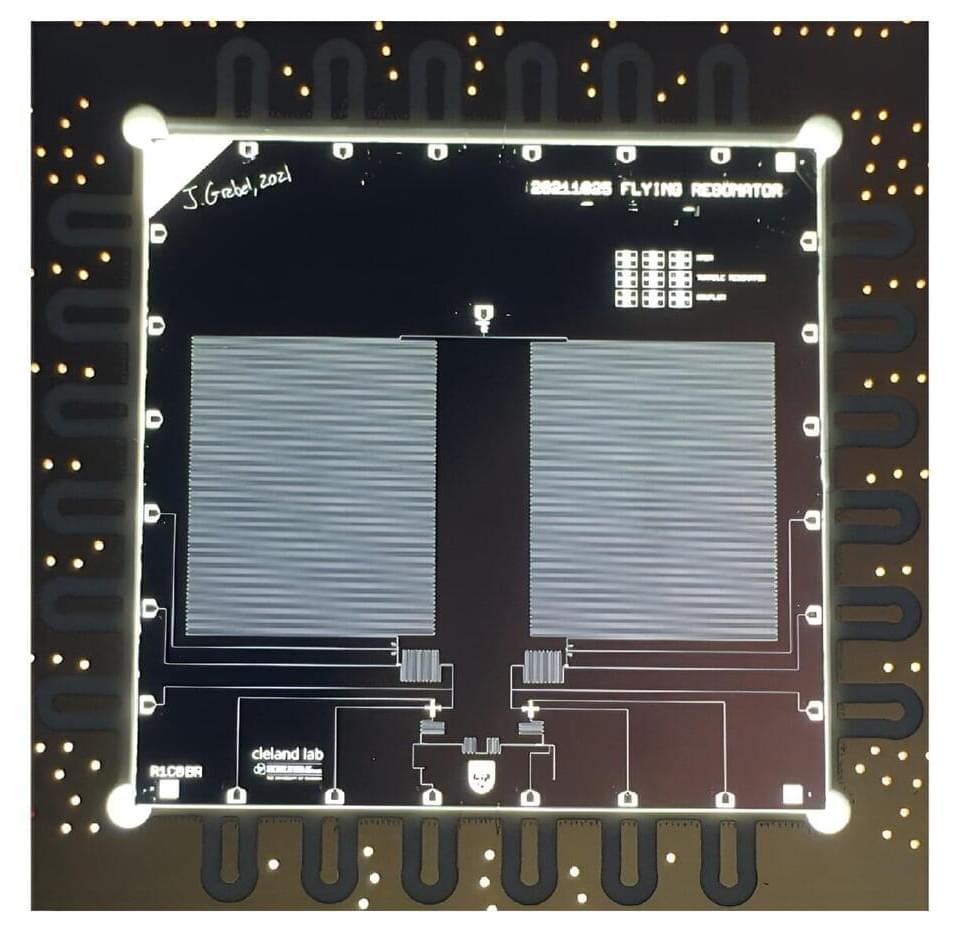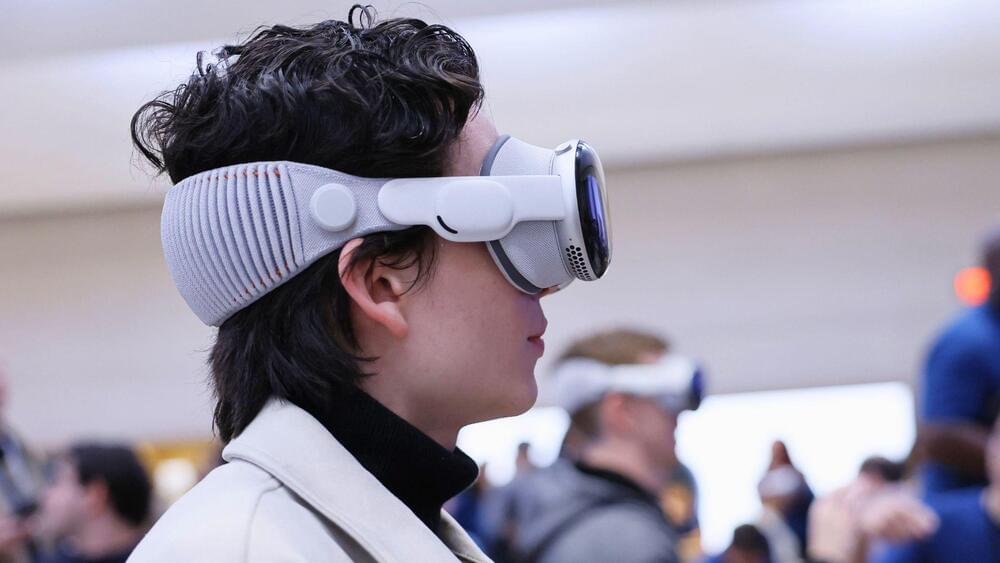Happy birthday, IBM! You’re 100 years old! Or are you?
It’s true that the businesses that formed IBM began in the late 1800s. But it’s also true that a birth occurred in February 1924, with the renaming of the Computing-Tabulating-Recording Co. as the International Business Machines Corp. And a hundred years after that event, it serves as an important reminder that the world of computing and IT that IBM played a pivotal role in building has a longer history than we are likely to think. “Data processing” was coined over a century ago, while “office appliance” was in use in the 1880s. From the 19th century, through the 20th, and into the 21st, IBM was there, making HP, Microsoft, and Apple appear more like children or grandchildren of the IT world; Facebook, Google, and Twitter/X more like great-grandchildren. So let’s take a moment to contemplate the origins of an iconic corporation.

